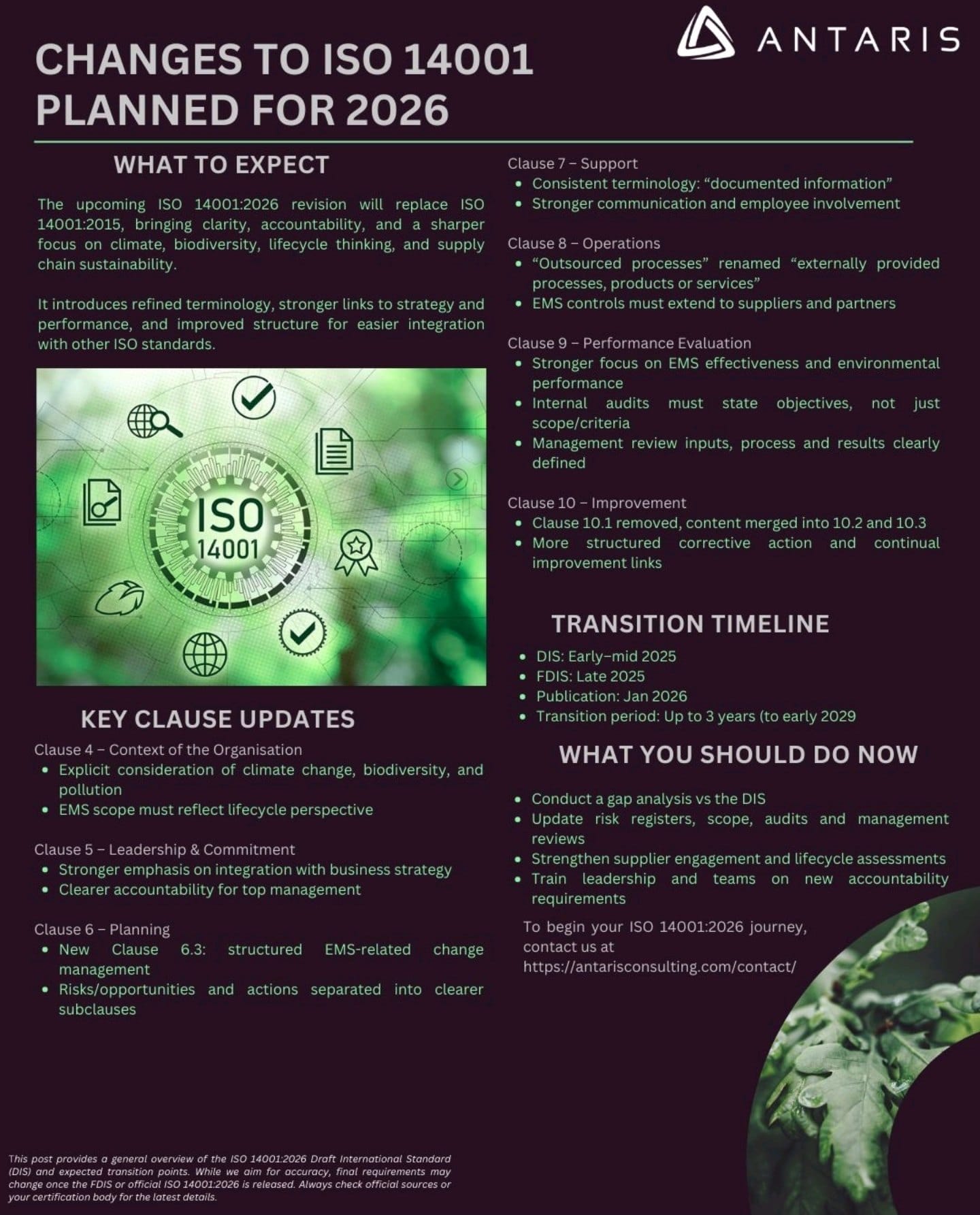The introduction of the play Mongol Khaan at the Coliseum Theatre in London, United Kingdom, marked a significant milestone for Mongolia. Following its performance in London, the play was showcased in Singapore at the end of 2024, and preparations are now underway to bring it to countries such as Japan and the United States.
The Mongol Khaan project has become a prime example of exporting Mongolian theater internationally. Not only does this production promote the Mongolian language, culture, and arts globally, but it also involves over 100 Mongolians in its team, who have successfully performed as a full cast on international stages. This collaborative effort has been a source of pride, as the team navigates daily challenges, adapts to new environments, and overcomes hurdles in marketing and introducing the play to global markets.
During a visit to Mongolia to take a break from my studies in the UK, I had the chance to watch the Mongol Khaan play with a friend. It was an incredible performance. Afterward, when my friend introduced me to the backstage creatives, we had the opportunity to discuss bringing the play to international stages, particularly in the UK. Today, seeing this project come to life has been truly fulfilling.
I hold a Bachelor’s degree in Marketing Management and a Master’s degree in Acting from the Royal Central School of Speech and Drama in the UK. My year of study in the UK, under the Chevening Scholarship program, was a cherished experience. Without this scholarship, the Mongol Khaan play might not have been introduced internationally—or perhaps only to a different country. This project demonstrates how a single conversation and one person’s education and life experience can lead to significant outcomes.
London, a megacity and cultural hub of England, hosts some of the world’s most renowned artistic and intellectual creations. As part of my master’s program, I was required to attend an event every evening. This meant my year in London was packed with theater performances, film screenings, and cultural events. My schedule was rigorous, with classes ending at 5:00 PM and events starting soon after. With 365 days of performances and activities available in London, it is possible to see a different show every day of the year. Among this wide variety, the Mongol Khaan play ran 17 times, selling out every seat and earning resounding applause from audiences—a significant step in promoting Mongolian culture.
The play received an average rating of four stars from over 45 global critics, with some reviewers awarding five stars. A common sentiment expressed by critics was, “I’ve never seen anything like this in London before.” For many, the production provided an educational experience akin to watching a documentary, showcasing Mongolia’s unique language and culture. This feedback underscores the importance of preserving and promoting our distinct identity, language, and traditions amidst globalization. While the globalized world brings similarities across nations, embracing and celebrating cultural uniqueness serves as a foundation of resilience.
Behind the scenes, however, this success required immense teamwork. Over 100 people adhered to strict guidelines and ethical standards, learning to understand foreign theater cultures and requirements. Adapting to international norms and effectively communicating with others presented challenges but also offered valuable learning experiences.
During my studies in the UK, I took courses in screen acting, voice work, dance, and script analysis, among other subjects. My days began at 8:00 AM with classes running until 5:00 PM, followed by evening assignments to attend plays, films, or lectures. This rigorous schedule, which also included seven to eight courses and a dissertation, contributed significantly to my personal and professional growth.
My prior experience as a screen actor motivated me to pursue the theoretical aspects of my field, leading me to apply for the Chevening Scholarship. I am deeply grateful to have been selected and to have had the opportunity to study in the UK with full funding from the British government. My time in London began in 2019, and it allowed me to systematize and expand on the knowledge I had gained from my professional experience.
Interestingly, I was the first Mongolian student at my university, which sparked curiosity among my peers and professors. Compared to students from other countries, Mongolians seemed to handle heavy workloads and stress more effectively. I initially applied for the Chevening Scholarship in 2018 but was unsuccessful due to shortcomings in my essays and application. After a year of preparation, I succeeded on my second attempt.
For young people preparing to apply for scholarships, I encourage you to speak authentically about yourself during interviews. Genuine passion and sincerity resonate with evaluators, who can sense your enthusiasm and vision. It’s essential to reflect on your journey—what you’ve achieved so far, what you aspire to do, and who you truly are. After graduating, I revisited the essays I wrote for my application and realized that many of the goals I outlined back then have already been accomplished.
The Mongol Khaan play has been invited to perform in the UK again in 2025. Education becomes part of our essence and allows us to contribute meaningfully to our country. The positive ripple effects of one individual’s growth can influence many others. I urge young people to lead in their respective fields, stay true to their dreams, and be courageous. The passion of those striving to bring their sectors onto the global stage makes Mongolia’s future brighter.
Looking ahead, I hope Mongolia can adopt policies that support cultural exports, such as tax incentives for organizations and teams promoting arts and culture abroad, similar to the UK’s approach. With this foundation, I firmly believe that in 20–30 years, we will continue showcasing Mongolian culture to the world.
You can read the blog here.
View her podcast here in Mongolian language:
